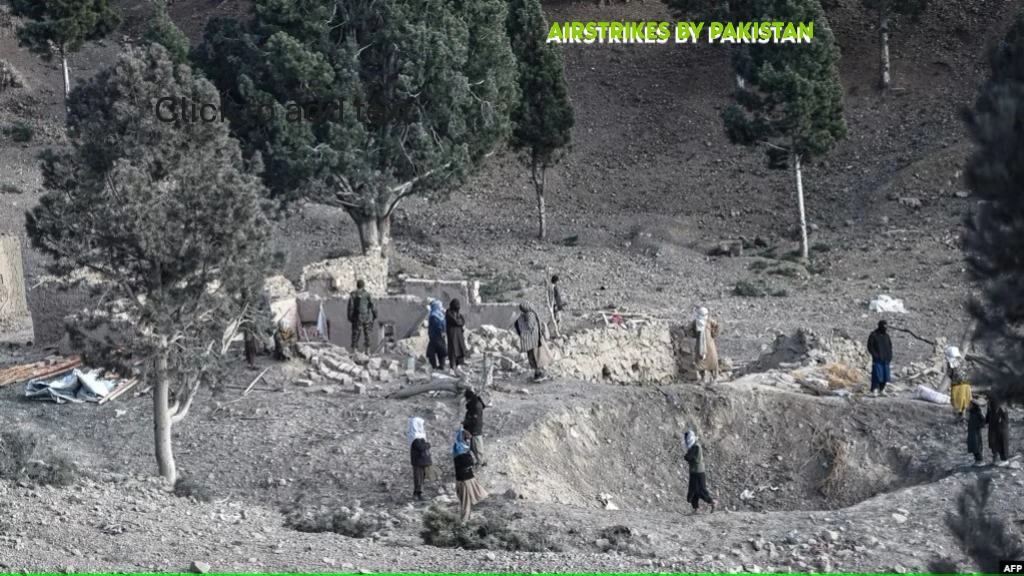As of December 28, 2024, tensions between Pakistan and the Tehrik-e-Taliban Pakistan (TTP), commonly known as the Pakistani Taliban, have escalated significantly, leading to increased military engagements and diplomatic strains between Pakistan and Afghanistan.
On December 21, 2024, the TTP launched a deadly assault on a military checkpoint in South Waziristan, resulting in the deaths of at least 16 Pakistani soldiers. The TTP claimed responsibility, alleging higher casualty figures and the seizure of military equipment.
In retaliation, on December 25, 2024, the Pakistan Air Force conducted airstrikes targeting suspected TTP hideouts in Afghanistan’s Paktika province. Pakistani officials stated that these precision strikes dismantled terrorist camps and neutralized key TTP commanders. However, Afghan authorities reported that the airstrikes resulted in 46 fatalities, including women and children, and condemned the violation of Afghan sovereignty.
The Afghan Taliban’s Defense Ministry condemned the Pakistani airstrikes, asserting that the attacks targeted civilians and violated international principles. They have vowed to respond to such actions, further straining diplomatic relations between the two countries.
Following the airstrikes, Pakistani Prime Minister Shehbaz Sharif urged the Afghan Taliban to take decisive action against the TTP, emphasizing that Pakistan would not tolerate a dual approach towards terrorism.
The TTP, although ideologically aligned with the Afghan Taliban, operates independently and has been responsible for numerous attacks within Pakistan. Since the Afghan Taliban’s takeover of Afghanistan in 2021, the TTP has intensified its activities, utilizing Afghan territory as a base for operations against Pakistan. This situation has led to repeated Pakistani demands for the Afghan Taliban to curb the TTP’s cross-border activities, demands that have yet to yield significant results.
The situation remains volatile, with both military engagements and diplomatic efforts ongoing. Pakistan continues to conduct military operations against TTP insurgents within its borders, particularly in the Khyber Pakhtunkhwa province. The Afghan Taliban’s response to Pakistan’s demands and the international community’s diplomatic interventions will play crucial roles in shaping the future dynamics of this conflict.
The situation along the Afghanistan-Pakistan border remains volatile, with both nations reinforcing their military presence. The international community has expressed concern over the escalating tensions, urging both sides to exercise restraint and engage in dialogue to prevent further conflict.





